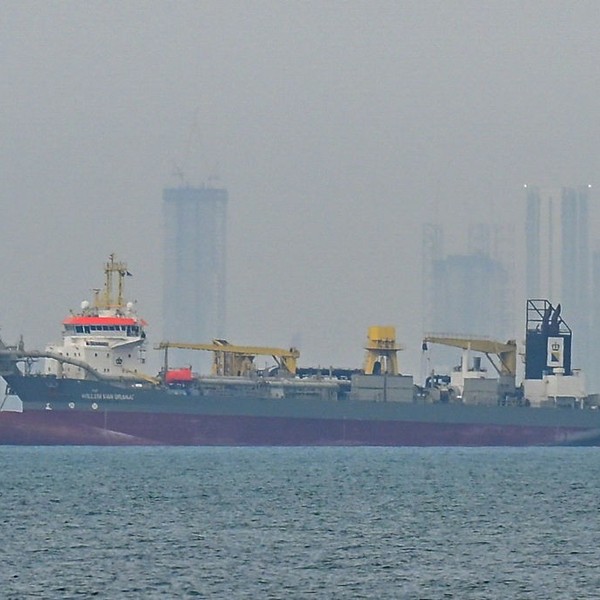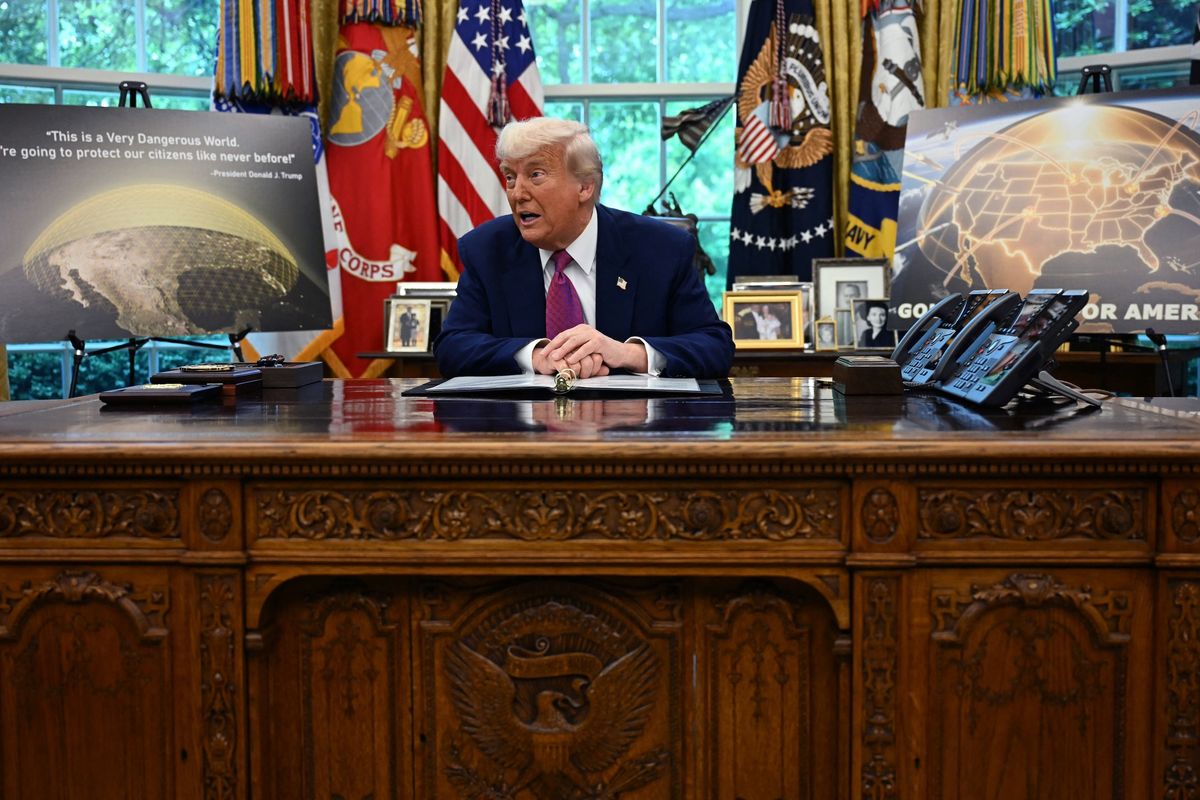OPINION – Today, we’re experiencing a fast-paced emergence of U.S. national security threats fueled by an even faster-paced advancement of technology, so it’s critical to seek rapid alignment within the private sector, where barriers that once divided competitors are reimagined and national security-based relationships with government are easier to achieve.
There are an impressive number of efforts underway to enable these partnerships. The Special Competitive Studies Project for example, led by Eric Schmidt and Ylli Bajraktari, is examining how emerging technologies like AI, cyber, quantum, materials, synthetic bio, and semiconductors are being accelerated through venture capital to reach scale faster. These technologies not only generate productivity gains but also address previously unsolvable problems and create strategic advantages for the DoD and industry.
Efforts like these are generating a new level of optimism in the venture capital community with a sense of the magic that can be created when great company builders and SOF combine their mission-driven mindsets.
I was fortunate enough to participate in a conversation during last month’s SOF Week hosted by the United States Special Operations Command (USSOCOM) that featured three venture capital focused sessions highlighting the growing collaboration between the startup/innovation economy and the special forces community.
Venture capital (VC) is a type of private equity in the form of financing to small, early-stage, emerging firms deemed to have high growth potential.
Tactical operators, combatant commanders, dual-use investors and defense-tech companies of all sizes converged to tackle the most compelling opportunities and pressing challenges, all knowing that the emergence of a new force of public and private talent can make a game-changing impact.
Technical liaison officers who are embedded scouts in the innovation ecosystem (Special Operators Deploying to U.S. Tech Hubs) are able to bridge industry and the Department and Defense (DoD) outside of a transactional contracting context. They can explore what labs, academia, and industry are doing to push and pull technology, products, and capabilities between industry and the DoD. As a venture capitalist, it is exciting to see the outreach and the growing innovation units across the DoD and intelligence community (IC).
Venture capital is a type of financing and has its own cost of capital.
The panel I sat on focused specifically on defense startups and lessons learned. Moderated by Google’s Technical Director in the Office of the CTO Thom Kenney, and including my fellow colleagues from Accrete, Vannevar Labs, Shield.ai and First In Ventures, our panel zeroed in on SOF and the venture capital ecosystem of founders and investors who are operationally aligned, with three key similarities:
- Asymmetric advantage. Founders and SOF look for leverage and double down on the opportunities it presents.
- Team-based attitude. A diverse startup team or an integrated deterrence increases likelihood of success by bridging multiple disciplines to achieve an objective.
- Winning mindset. A founder who believes that they can take on the Fortune 500 has the same mindset as an operational detachment that is tackling a tough challenge against an operational objective.
While there was a lack of consensus regarding the relative success of dual-use companies compared to defense-only companies, the panel highlighted advantages of both approaches noting larger markets, more capital opportunity and exit opportunities versus stronger mission alignment, opportunities for greater collaboration, and unique opportunities.
It was clear that geography and resiliency matter. Global industry has been focused on expansion and rapid globalization. During this time, our familiarity with the underlying countries of cultures representing those companies became less known. As we examine out future desired state of more resiliency in our customers and vendors, SOF can provide a major voice in ensuring we adjust course to create more resilience.
Venture capital firms invest in the potential future success of a company. While not every investment yields success, firms rely on a few of their investments that turn into bigger winners, each of which can return significant multiples on the initial capital invested.
Startups and the DoD/IC can successfully collaborate, as proven by Palantir, Anduril, Scale.AI, Rebellion, Hawkeye 360, Skydio, and Epirus among others. Most of these companies are valued at more than a billion dollars (identified in the investing world as a unicorn) and the others are valued at more than a hundred million dollars (identified as a centaur).
Funding for real customer use cases is the best signal for success. As the DoD/IC mission is rapidly evolving, technology innovation is rapidly advancing in parallel, providing a growing set of tools to address operational missions and put dollars to work.
It took decades to build the current contracting system, so it will require focused and dedicated effort to shift the enterprise. Much has been written about the ‘years’ of time needed to get a system online but the panelists I shared the stage with were much more pragmatic in identifying solutions. They realized we have the rules we have which allows for flexibility. We all agreed that it can continue to change to support more innovation.
VC is a crucial accelerant for startups to scale their operations, further develop products and services, and enter new markets. The business of venture capital requires identifying unmet opportunities and taking advantage of change in market conditions. When VCs invest in those trends correctly, companies have a better chance of producing outsized returns for their partners and investors. A growing and emerging set of VCs has identified national security as a market space to invest in to capitalize on the changing global environment.
Panel From Left: Nini Hamrick of Vannevar Labs, Ryan Tseng of Shield.ai, moderator Thom Kenney of Google Technical Director, Office of the CTO, Brian Mongeau of First In Ventures, Jeremy Hitchcock of New North Ventures, and Prashant Bhuyan of Accrete
Revolutionizing the existing defense industrial network to exceed the pace of national security threats will require dynamic and close collaboration between innovators, operators and investors who are willing to take risks to accelerate and integrate solutions. This high-consequence leadership is essential for the U.S. to reclaim and hold its dominance on the world stage, by strengthening our national security and economic resilience.
The Cipher Brief is committed to publishing a range of perspectives on national security issues submitted by deeply experienced national security professionals. Opinions expressed are those of the author and do not represent the views or opinions of The Cipher Brief.
Have a perspective to share based on your experience in the national security field? Send it to Editor@thecipherbrief.com for publication consideration.
Read more expert-driven national security insights, perspective and analysis in The Cipher Brief
















